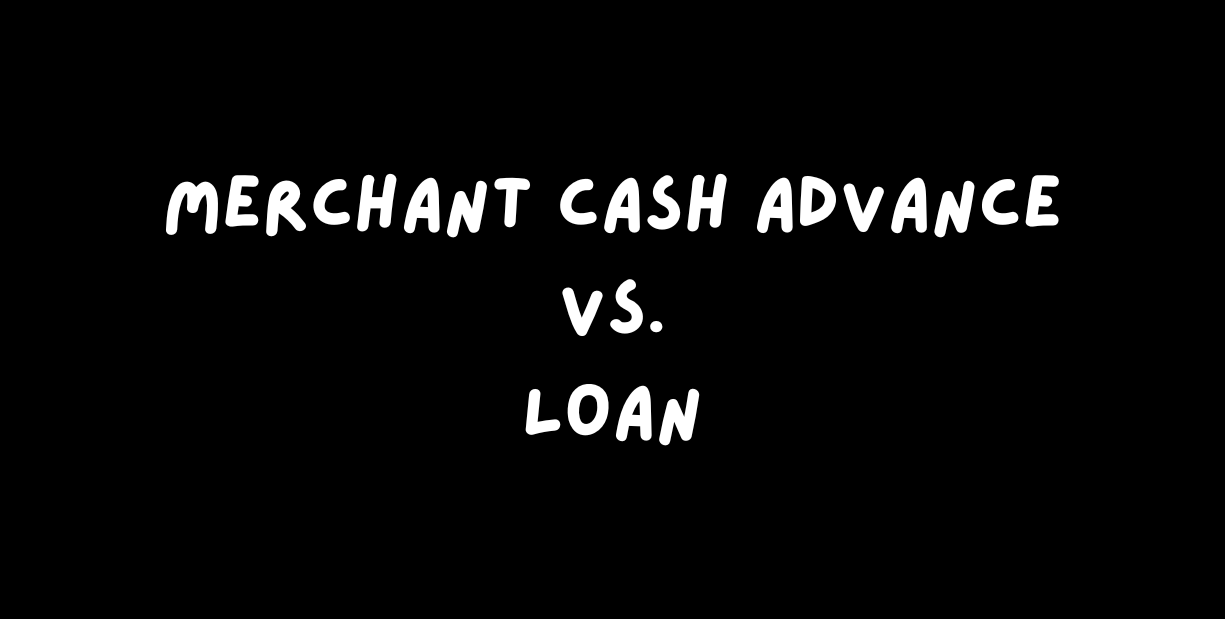Merchant Cash Advance for Dummies: Your Simple Guide to Fast Business Funding
Merchant Cash Advance for Dummies

What Is a Merchant Cash Advance?
At its core, a merchant cash advance isn’t a traditional loan. Instead, you receive a lump-sum payment up front in exchange for a slice of your future sales, typically your credit-card transactions. Think of it as getting an advance on your own revenue.
- Advance Amount:
You borrow, say, $10,000 today.
- Repayment Factor: You agree to pay back $12,000—this extra $2,000 is the cost of borrowing.
- Daily/Weekly Remittance: Each day, the provider automatically deducts a small percentage of your credit-card receipts until the $12,000 is fully paid.
How Does an MCA Work? (A Step-by-Step)
- Apply Online:
Minimal paperwork—usually a few months of bank or processing statements and basic business info.
- Get Approved Fast:
Many providers offer approval within 24 hours.
- Receive Funds:
The money lands in your account in as little as 1–3 business days.
- Repay Automatically: A percentage of every credit-card sale goes toward repayment until the agreed total is met.
Pros and Cons of a Merchant Cash Advance
When to Consider an MCA
- Seasonal Inventory Buys: Stock up before your busy season without waiting weeks for loan approval.
- Emergency Repairs: Fix that broken oven or delivery van immediately.
- Short-Term Cash Gaps: Bridge payroll or supplier payments during slow months.
Key Terms to Know
- Factor Rate: The multiplier (e.g., 1.2–1.5) used to calculate total repayable amount.
- Holdback Percentage: The share of daily sales taken for repayment (often 10–20%).
- Total Repayment Amount: Advance × factor rate (e.g., $10,000 × 1.2 = $12,000).
- Effective APR: True annual cost—always convert factor rates to APR to compare options accurately.
MCA vs. Other Funding Options
Is an MCA Right for You?
Ask yourself:
- Can I handle daily deductions? If sales dip, will the remittance squeeze your cash flow?
- Is speed paramount? Do you need funds this week rather than next month?
- Do I have better low-cost options? If you qualify for a bank loan or line of credit, compare APRs.
Tips for MCA “Dummies”
- Shop Multiple Providers: Factor rates and holdbacks vary—find the most transparent terms.
- Read the Fine Print: Watch for origination fees, ACH fees, and daily minimum remittance clauses.
- Convert to APR: Multiply factor rate by 365 ÷ estimated repayment days to see true cost.
- Plan for Slow Seasons: Model your cash flow to ensure you don’t default when sales drop.
Conclusion
A merchant cash advance for dummies doesn’t need to be complicated. It’s a fitting choice when speed trumps cost and you can manage variable, sales-tied repayments. However, if you have the luxury of time, lower-interest alternatives like bank loans or lines of credit may be smarter long-term solutions. Assess your cash-flow rhythm, compare APRs, and pick the funding vehicle that keeps your business moving forward—no stalling required.











